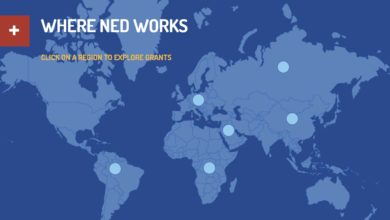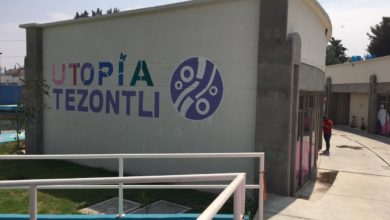Mexican presidential candidate Andrés Manuel López Obrador of the liberal Party of the Democratic Revolution (PRD) has called on his supporters to continue street protests demanding a full recount of the votes cast in the July 2 elections. Felipe Calderón, the conservative candidate of President Fox’s National Action Party (PAN) had been declared the winner by a dubious 0.6 percent margin despite substantial evidence of electoral fraud.
The Federal Electoral Tribunal (TEPJF) ruled on Aug. 5 against a full recount of the ballots, ordering instead that ballots
|
A demonstration of thousands took place on Monday, Aug. 7, outside the Federal Electoral Courthouse in Mexico City. Carrying banners with slogans such as “Vote by vote, poll by poll,” thousands of protesters blocked traffic on a boulevard outside the court. “This is just the beginning of much stronger, more severe actions,” said Jose Antonio Valles, a 52-year-old engineer participating in the protest.
On Aug. 9, thousands of López Obrador supporters blocked the entrance to the main offices of three foreign-owned banks in Mexico City. The banks targeted were U.S.-based Citigroup’s Mexican unit Banamex, Bancomer bank owned by Spain’s BBVA, and the British giant HSBC.
Nearly all of Mexico’s major banks are in the hands of foreign corporations. The industry’s sell-off has been a naked symbol of the neoliberal reforms in Mexico that have harmed millions of workers.
Pointing to the HSBC building, a shiny new skyscraper on Reforma Boulevard, protesters chanted, “It’s them who are screwing the nation!”
The demonstrations came a day after thousands of protesters took over tollbooths on highways leading into the capital, allowing all motorists free passage.
Mass mobilizations had begun ahead of the TEPJF’s decision. On July 30, more than 2.5 million people demonstrated in Mexico City to demand a recount. Thousands have been camped out at Reforma Boulevard and Zócalo Square in the heart of the capital. The mobilization of the masses and the volatility of the situation—not to mention the disruptions in business due to the demonstrations—are of great concern to wide sectors of the Mexican ruling class and the U.S. imperialists.
The United States is eager to see Calderón assume the presidency as the successor to Fox. Calderón plans to continue Fox’s neoliberal program and further privatize national resources, particularly oil.
López Obrador did not put forth a radical program during his campaign. He juggled appeals to working-class voters while trying not to be too threatening to large business interests and the U.S. capitalists. Nevertheless, his victory would be a defeat for the U.S. capitalist class, which is already troubled by the shift to the left that has taken place in much of Latin America. López Obrador’s efforts to reach out to workers and campesinos make him poorly qualified to serve as a U.S. puppet.
Success in this struggle will transcend the benefits from any reforms that politicians like López Obrador might offer the oppressed people of Mexico. Millions of people are discovering the power they wield when they take their battles to the streets, and a victory could have a lasting impact on their consciousness. It is in the streets, and not at the ballot box, that workers in Mexico will defeat the capitalist exploiters.






